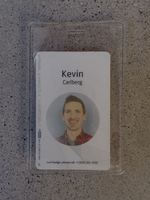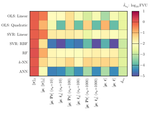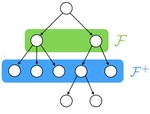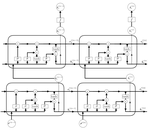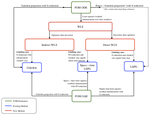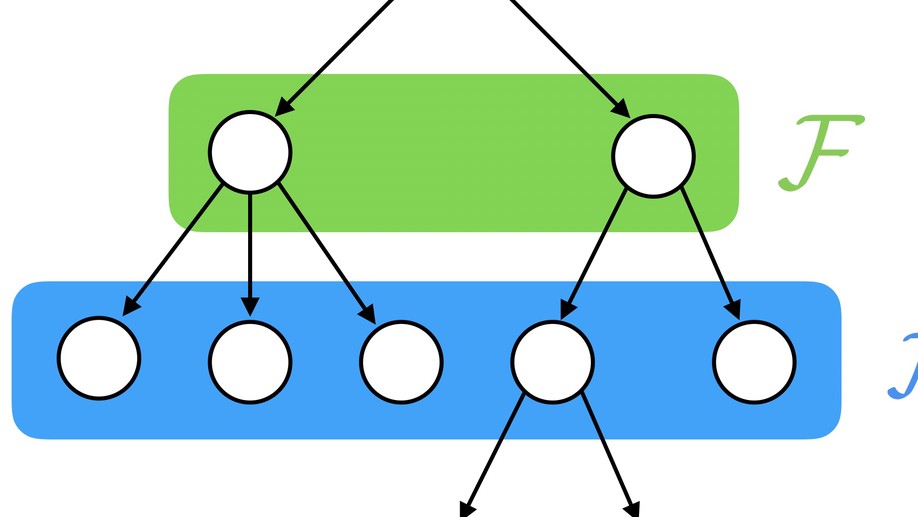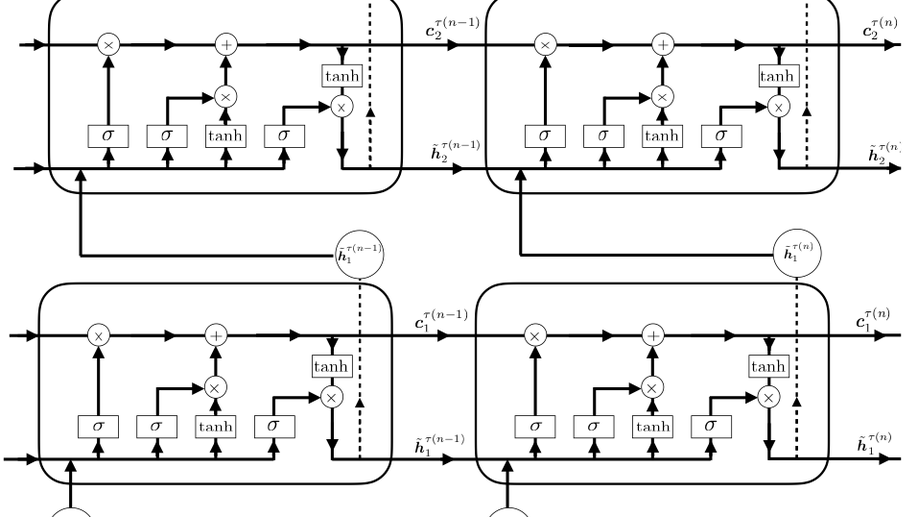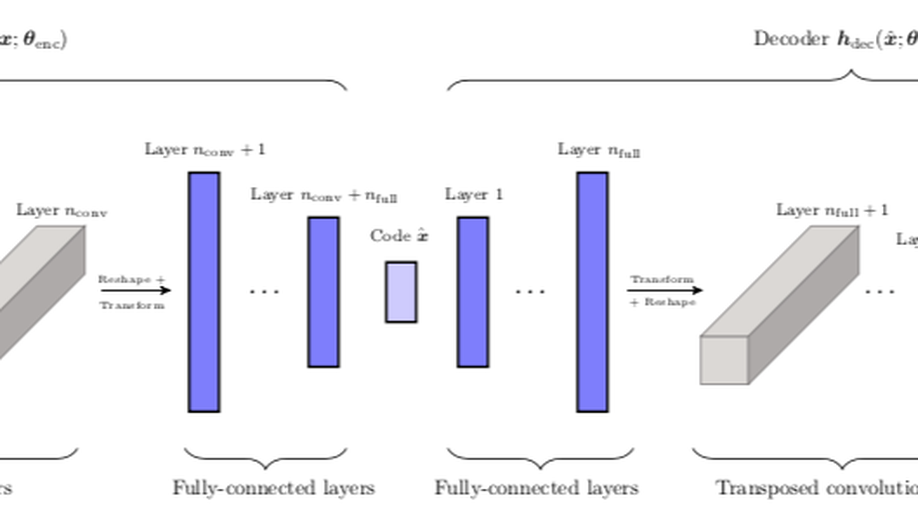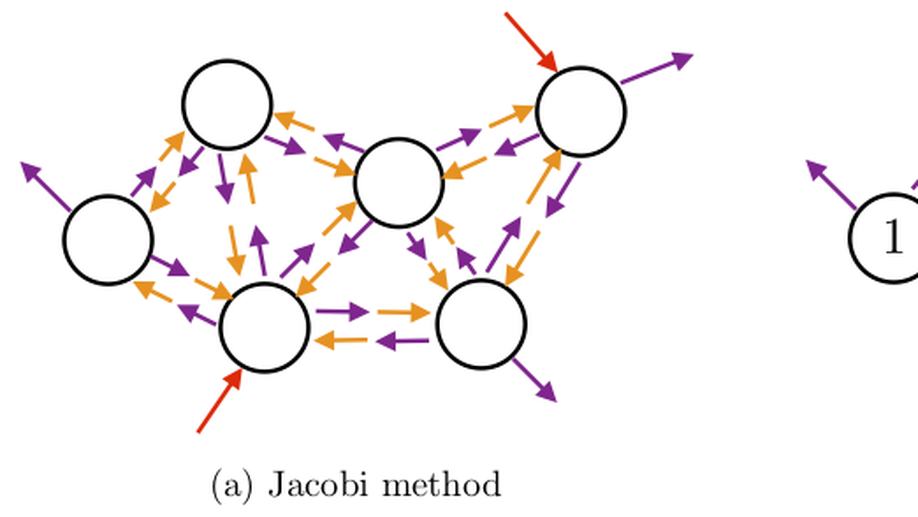Kevin T. Carlberg
Affiliate Associate Professor of Applied Mathematics and Mechanical Engineering
University of Washington
Biography
Kevin Carlberg is currently on sabbatical. Previously, he was Director of AI Research Science at Meta (5+ years), Distinguished Member of Technical Staff at Sandia National Laboratories (8+ years), and received his PhD from Stanford. He currently holds an Affiliate Associate Professorship of Applied Mathematics and Mechanical Engineering at the University of Washington . He specializes in leading multidisciplinary research teams into new technology areas that require fundamental contributions in contextual AI, computational math, and computational physics.
At Meta, Kevin initiated, grew, and led a multidisciplinary (AI, HCI, SWE, PM, Design, UX), cross-org (Reality Labs Research and FAIR) research team focused on building novel AI and simulation technologies for Meta’s wearable computers and VR/MR devices. His technical leadership spanned the domains of contextual AI and computational physics.
At Sandia National Laboratories, Kevin initiated, grew, and led a research team in developing new computational methodologies to enable extreme-scale physics simulations to execute in near real time for high-consequence national-security applications. His technical leadership spanned the domains of AI-driven model reduction and large-scale uncertainty quantification. His plenary talk at the ICERM Workshop on Scientific Machine Learning summarizes this work.
Interests
- Contextual AI
- Computational Physics
- Computational Mathematics
Education
PhD in Aeronautics and Astronautics, 2011
Stanford University
MS in Aeronautics and Astronautics, 2006
Stanford University
BS in Mechanical Engineering, 2005
Washington University in St. Louis
